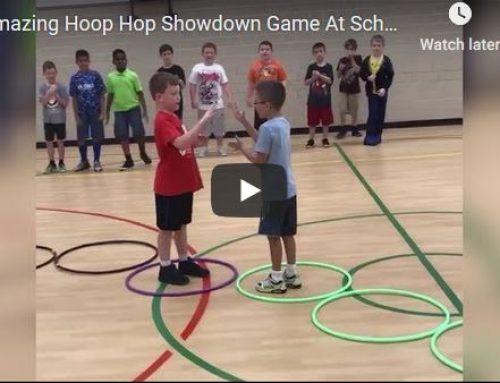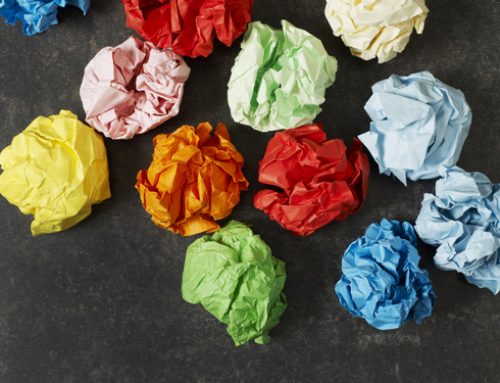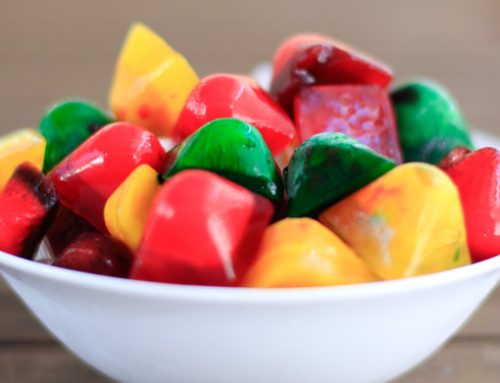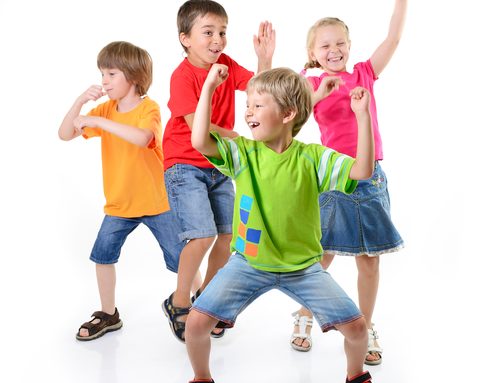 Developing an understanding of recycling as part of a sustainability program is a great way to involve children in the processes unique to your centre. It also addresses National Quality Standard 3.3.2 ‘Children are supported to become environmentally responsible and show respect for the environment’.
Developing an understanding of recycling as part of a sustainability program is a great way to involve children in the processes unique to your centre. It also addresses National Quality Standard 3.3.2 ‘Children are supported to become environmentally responsible and show respect for the environment’.
This interactive activity has been designed to expose children to recycling and meet NQF outcomes 2.4 and 4.2 for each participant.
Plan Type
Educator Planned
Intentionality
- To develop an understanding of sustainability.
- Utilise problem solving skills to determine which items are recyclable and which are not.
- To identify symbols to assist in determining if an item is suitable for recycling or has been recycled before.
- Use communication skills within a group to form consensus to determine if an item can be recycled.
NQF Outcomes
2.4 Children become socially responsible and show respect for the environment.
4.2 Children use a range of skills and processes such as problem solving, inquiry, experimentation, hypothesising, researching and investigating.
Activity Description
Children are presented with a number of items which may or may not, be recyclable. As a group items will be sorted into three groups of items: Recyclable, rubbish and unknown. Once all items are sorted discuss why each item has been placed in its group and decide if the item has been correctly categorised.
Consider this:
Children are introduced to the concept of sorting items into recyclable or not recyclable trash.
Children will be shown the process of where items of rubbish are placed in contrast to where recyclables are placed within the centre.
Why is it important to reuse items or to recycle items?
How can items be made into different items after they are recycled?
Introduce children to symbols on items which indicate that the item is suitable for recycling or has previously been recycled (PET).
Discuss the nature of recycling including organic vs non organic items as well. e.g. scrap food vs plastics. Look for the PET 1 or PETE 1 recycle symbol on plastic bottles.
The recyclable items can be sorted further into papers, glass, plastics and aluminium.
Important Dates:
This activity can be used during National Recycling Week annually. Upcoming dates 2015: Monday 9 – Sunday 15 November, 2016: Monday 7 – Sunday 13 November and 2017: Monday 13 – Sunday 19 November.
Resources
Preparation: A range of items are required which can be sorted. Use items such as plastic bottles, glass bottles, aluminium cans, metal cans, papers, cardboard (egg cartons), polystyrene containers, milk cartons, electrical items (mobile phones), printer cartridges, etc. See below links for further information and inspiration.
Pet recyclables https://en.wikipedia.org/wiki/PET_bottle_recycling
Planetark http://recyclingweek.planetark.org/kids-teachers/kids.cfm








